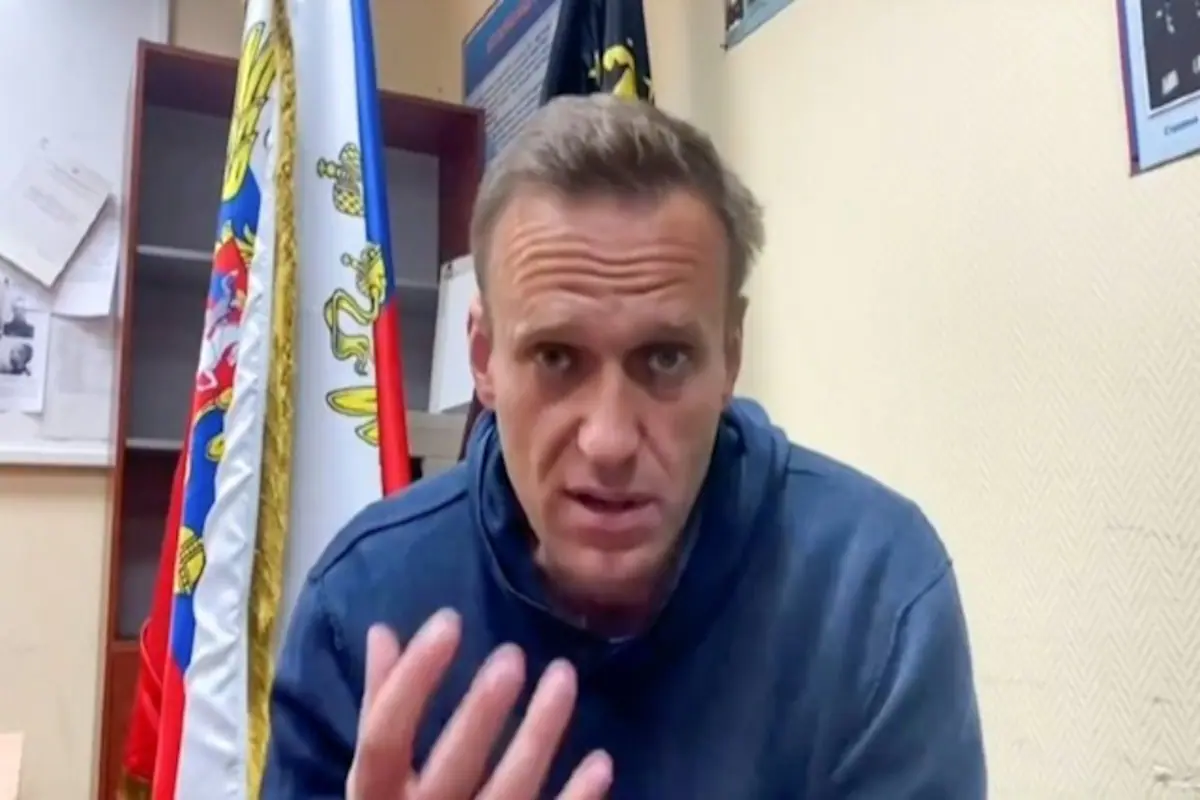
MOSCOW, May 17, 2022 (BSS/AFP) - Jailed Kremlin critic Alexei Navalny was
due on Tuesday to appeal a nine-year prison sentence he was handed in March
on charges that he and his allies say are politically motivated.
His hearing comes as Russian authorities seek to silence remaining government
critics and Moscow pushes on with its military campaign in neighbouring
Ukraine, with thousands killed and some 10 million displaced.
A vocal critic of Russian President Vladimir Putin, Navalny in late March had
his jail time extended to nine years after he was found guilty of
embezzlement and contempt of court.
He is already serving two-and-a-half years in a prison some 100 kilometres
(60 miles) east of Moscow for violating parole on old fraud charges.
On Tuesday, he will appeal the extension of his jail term, joining the
hearing at a Moscow court via video link from his prison colony.
If his new sentence comes into force, the 45-year-old opposition politician
will be transferred to a strict-regime penal colony, which will place him in
much harsher conditions.
The new sentence will replace the old one -- that he was handed in February
last year -- meaning Navalny will remain behind bars for another eight years.
- Declared 'extremist' -
As part of the new charges, investigators accused Navalny of stealing for
personal use several million dollars' worth of donations that were given to
his political organisations.
Navalny rose to prominence as an anti-corruption blogger and, before his
imprisonment, mobilised anti-government protests across Russia.
In 2018, he campaigned as a presidential candidate but was eventually barred
from running in the election that saw Putin secure a fourth term in power.
In his absence, Navalny's team continues publishing investigations into the
wealth of Russia's elites that have garnered millions of views on YouTube.
In 2020, Navalny narrowly survived a poisoning attack with Novichok, a
Soviet-designed military-grade nerve agent. Despite accusations from Navalny,
the Kremlin denied any involvement.
He was arrested on his return from rehabilitation in Germany last year,
sparking widespread condemnation abroad, as well as sanctions from Western
capitals.
After his arrest, Navalny's political organisations across the country were
declared "extremist" and shut down, while key aides have fled Russia.
Navalny's key allies have since fled the country, several of them are wanted
by Russian authorities on criminal charges.
Russia has recently ramped up pressure on independent media and non-
governmental organisations, declaring many "foreign agents", while others
have stopped operating for fear of prosecution.
In an effort to further control the information available to its domestic
audience, authorities have blocked access to the popular social networks
Instagram, Facebook and Twitter and taken legal action against tech giant
Meta, accusing it of spreading "calls to kill" Russians.